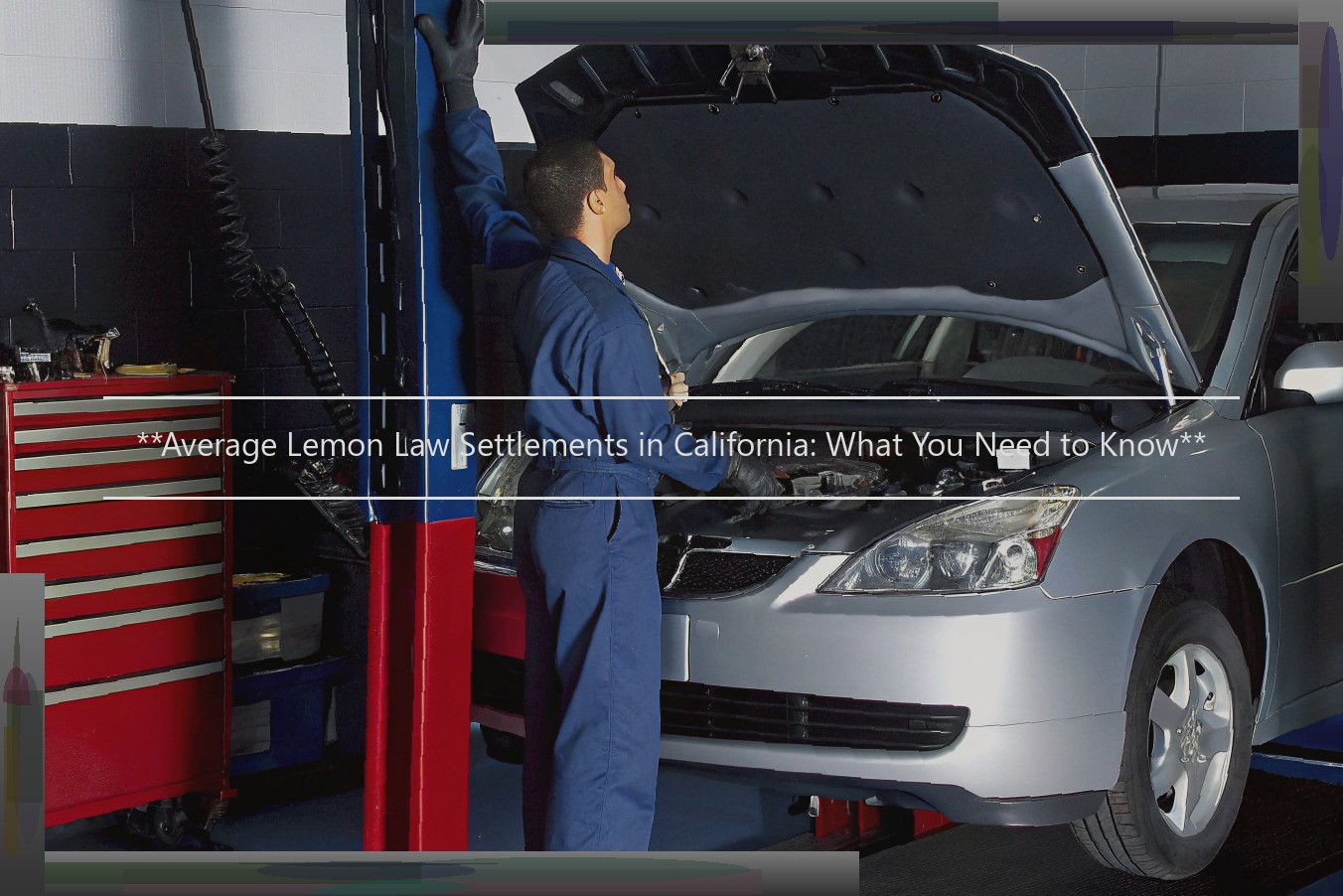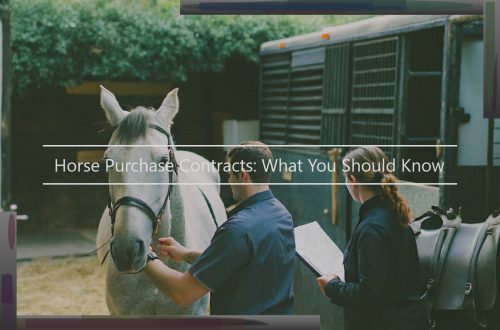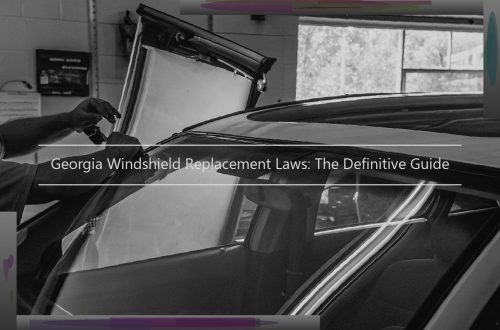**Average Lemon Law Settlements in California: What You Need to Know**
Average California Lemon Law Explained
California’s Lemon Law is a consumer protection statute that aims to address the situation where a buyer purchases a vehicle that turns out to be defective. A vehicle qualifies as a lemon under the California Lemon Law if it has substantial defects that the manufacturer has been unable to repair after a reasonable number of repair attempts. In general, substantial defects are nonconformities that affect the use, value or safety of the vehicle. The most commonly claimed defects include problems with the engine , transmission, frame, brakes, and electronics.
The legal protection that the California Lemon Law affords consumers is threefold. First, if a vehicle qualifies as a lemon, the manufacturer must repurchase or replace the vehicle. Second, the consumer can recover incidental damages, such as car rental expenses, towing fees, and other costs related to the defect in the vehicle. Third, the consumer may recover civil penalty damages (up to a maximum of two times the amount of actual damages).

Elements Affecting Lemon Law Settlement
The size of a lemon law settlement in California can be any amount. On the low end, some smaller claims can net as little as $5,000.00. However, the average claim will find its way into the $15 to $50,000.00 range. The most significant factors that typically affect the size of a lemon law claim are: With regard to the defects: how serious is the defect? Does the defect result in safety issues? Is the defect easily reproducible in a shorter period of time or is the defect difficult to reproduce? Is the defect sporadic or is it consistent and present on every vehicle like it? Are the repair bills high (if the repairs are done at an out of pocket expense)? With regard to the repair attempts: how many times has the car been in the shop for repair? How long did the car have to remain with the dealer? Was there a loaner vehicle provided? With regard to the manufacturer’s response: did the manufacturer provide you with a loaner vehicle? Did they do the repairs on time? Did the manufacturer send an evaluator out to inspect the vehicle that was supposedly repaired? Did the manufacturer act reasonably in response to your complaint? Did they give you a reasonable buyback offer? Each of these factors can play a role in the settlement value of your lemon law claim. At the end of the day, the most important consideration is whether or not your case gets resolved in a manner that is satisfactory to you. If the result is not satisfactory to you, then the settlement amount is moot.
Lemon Law Settlement Results
Lemon law settlements in California vary but can lead to positive outcomes. When negotiating a settlement, the terms agreed upon include fees for the attorneys involved; during the process, the consumer is not required to pay anything out of pocket. Smart litigators know what to request and can predict with fairly good accuracy, what kinds of settlement an individual can expect. There are three typical settlement outcomes.
Buybacks are where the entire purchase price of the vehicle is returned after making a deduction for use. In California this is calculated by taking the mileage at the time of purchase, divided by 120,000. The consumer is then given a refund on the purchase price as long as all cars used as a demonstrator have been factored into the equation, and the car is returned to service.
Total Buyback means that the consumer is given a full refund, regardless of how many miles they have driven. This means the vehicle is returned to the manufacturer’s a lot, and a replacement car is given to the consumer. There are limitations to replacement cars, since if they become too challenging to obtain, the vehicle manufacturer will provide a refund. Some manufacturers may simply allow the consumer to choose another vehicle off of their lot.
Cash settlements are self explanatory. It is where the manufacturer provides the consumer with a check for factory overhead and other miscellaneous fees. To determine the settlement amount, take the factory overhead as detailed in the warranty, and add the miscellaneous fees plus the attorney’s fees. In this case, the attorney is not paid until the consumer has been completely compensated, which means the amount of the attorney’s fees must be added to the buyback, trade-in, or replacement.
Estimating the Average Lemon Law Settlement
Estimating the average settlement amount for lemon law cases in California involves analyzing data from previous cases, settlements, and judgments. While statistical data on lemon law settlements can be limited, anecdotal evidence and case law can provide insight into common settlement figures. For example, plaintiff attorneys’ fees in lemon law cases are often set by courts based on a percentage of the recovery, usually in the range of 30% to 35%. As such, the average settlement amount can be estimated by considering the typical plaintiff attorneys’ fees. In addition, settlements may differ depending on the severity of the defect, the cost of repair, and the vehicle’s make and model. Plaintiffs should consider these factors when estimating their potential settlement amounts, along with the likelihood of a successful outcome at trial. Courts and attorneys also consider the benefits conferred to the client when determining fair settlements. For instance, if a client is a commercial plaintiff who leases devices or equipment, the court may consider rental payments or the cost of replacement measures when estimating damages. A rough estimate of the average settlement amount is that it generally ranges from a few thousand dollars up to several hundred thousand dollars, based on various factors. Estimating the average lemon law settlement in California involves balancing numerous considerations related to the severity of the defect, applicable statutes, relevant case law, and potential costs of repair.
Lawyers and Lemon Law Settlement Results
Hiring a lemon law lawyer can have a positive influence on your ability to receive a satisfactory settlement. A lemon law attorney has the knowledge necessary to support clients in the most beneficial light. The average California lemon law settlement requires some type of evidence to support the facts. A well-prepared case makes a strong impression and gives the client the best chance at receiving a fair settlement.
One of the most significant factors of California lemon law is that it is substantially consumer-friendly. This consumer protection allows all parties a chance to resolve lemon law claims without the need for court involvement. Given the high cost of litigation, the absence of court involvement can be extremely beneficial.
It is natural to feel intimidated when facing an attorney and a manufacturer; you may feel that you need a lawyer to advocate for your best interests . However, an experienced lemon law attorney can often be an asset during negotiations with the manufacturer’s attorney. It is the lawyer’s job to represent the client’s best interests. A skilled lemon law attorney will emphasize the most favorable facts while at the same time adequately addressing any adverse issues that may be present in the case.
Unfortunately, some attorneys do not care about the best interests of their clients. They are only meant to collect a retainer and move on to the next case. Hiring an unethical lawyer can cause more harm than good, as the lawyer should protect the consumer’s rights rather than compromise them. Competent legal representation is vital to the success of a lemon law claim. When you have an experienced lemon law attorney at your side, you will be provided with invaluable assistance.
What to Do If You Have a Lemon
If you believe that your vehicle qualifies as a lemon, there are three steps you can take to increase the likelihood that you will get a favorable settlement. Immediately after you purchase the vehicle, keep complete records of any items that may be defects under California lemon law. Write down the make and model of your car, the VIN (vehicle identification number), and when your car was purchased. Next, when you bring your car in for service, make sure that the defect is accurately recorded by the dealership and manufacturer. For example, they should note on the receipt the concerns you have about the part as well as your dissatisfaction with it. Lastly, stay persistent both when communicating with the manufacturer and service center. Follow up on all phone calls and document all correspondence. This evidence can help strengthen your case for a lemon law claim. If your car has been in for service multiple times and the dealerships have not addressed the issue to your satisfaction, or the problem persists, you may want to consider speaking with a lemon law attorney about your situation.
Lemon Law Settlement Case Examples
Real-Life Lemon Law Settlement Case Studies –
To understand the range of average lemon law settlements, it’s helpful to look at real-world settlements. The cases below are not meant to represent the way these cases would settle but provide insight into the types of factors that help shape the settlement.
2013 Honda Accord – Consumer bought the car in May 2013. Paid $32,000. Client started having problems with the brakes in August of 2014. He took the car to the dealer on several occasions for repair. Client was offered a full refund of the purchase price of the car and agreed to the purchase price refund. His attorney estimated the settlement value at $36,000. As a result the plaintiff received a settlement amount that exceeded his expectation. In addition to the refund, the plaintiff also received money for his payoff of the loan, his loan payments during the time he drove the vehicle (15 months at $750 or $11,250) and a refund of his sales tax ($2200). Plaintiff paid approximately $5,550 in monthly payments totaling the approximately $11,250 in payments. 2014 Chevrolet Silverado – Consumer bought the truck in February 2014. It paid almost $40,000 for the truck. In August 2014, consumer had to take the vehicle back into the dealership for repair of an A/C noise. The dealer made some repairs at that time, but the A/C problems returned. Over the next 18 months the consumer returned his truck on multiple occasions without resolution of the problem . The dealer gave the client a loaner vehicle at one point but within a month or so the loaner was returned as well with the same problem. The consumer had to continue returning the truck himself month after month. The case settled for $52,942. The amount included the monthly payment amount of $31,500 and $6,800 for a refund of the down payment. 2010 Chevrolet Camaro – Consumer bought the vehicle in July 2010. The consumer was a classic car collector and paid $38,000 for the vehicle. The vehicle was showing problems since it was purchased. In April 2014 the dealer replaced the engine. In September 2017 the transmission failed and in November the differential failed. The case settled before trial for a total of $83,158. This was the highest value case of the three. The settlement included the amount of $38,000 for the purchase price, $22,000 for tax, licensing and registration and $23,000 for the attorneys fees. The cases illustrate that the settlement will hinge more on the demand of the purchaser or less on the type of car involved. In addition, the bumper to bumper warranty plays a role as the cars were able to be repaired during the warranty period. Other factors such as the interest rate and the length of the loan also had a positive effect on the outcome of the cases. In these three cases the average lemon law settlement ranged from $52,942 to $83,158.





